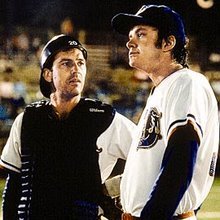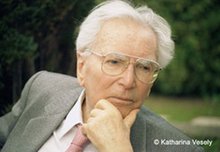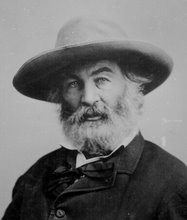Tillman Sample Essay
Many people are aware of Pat Tillman, the hero who gave up an NFL career for a life of higher purpose as an Army Ranger. However, very few people know that if it wasn’t for the actions of a single female judge, Tillman might never have been the person that he became in upholding the presence of what it meant to be an honorable American in the wake of 9/11. As a result, Jon Krakauer has written these chapters in Where Men Win Glory to show what is meant by punishment, penance, and redirection in the course of discipline.
The first thing that Krakauer focuses on is that Tillman was a good kid who went horribly wrong. One could say that Tillman went into the fight with the best of intentions when he sought to defend his friend from harm; nevertheless, by beating the tar out of Rosas, he showed an unchecked aggression that should have been controlled. While he quickly realized his error and looked to make up for it, it was abundantly clear that something greater would have to change Tillman’s ways or he might resort to this violent rage the next time he felt a “cause to battle evil.” Thus, it was necessary to have a tough figure enter his life to deliver a message of punishment that would correct Tillman’s ways and not let him feel that he had gotten away with almost murdering someone.
To this challenge, an anonymous female judge entered the picture. Krakauer’s description of her shows that she had built a reputation of delivering messages and doing the right thing. Despite having two attorneys fighting for opposite ends of a possible punishment, it would be her job to render a verdict that would take into account the feelings of the victim and Tillman’s potential for a college football scholarship, which would be otherwise lost if he was given a felony charge for his animosity. In doing this, she realized that the point of punishment is to teach people a lesson that they can learn from rather than to keep them from ever doing anything again, for if Tillman would have lost his potential for scholarship and college, he could have been a career criminal, a ward of state aid, or a victim of the neuroses that creep in when a life fails to reach potential. To the judge, none of these were acceptable when the potential for a future was on the line, so Krakauer expressed how the judge handed out the most severe and non-permanent solution available to her.
Thus, Tillman goes to jail with a misdemeanor assault charge, but he never loses the scholarship to go to Arizona State University. Here, he gets serious about life opportunities. He excels at school. He overcomes his diminutive size and dominates at football to the point where he stars for ASU, and when he finishes his collegiate career, he enters the NFL by getting drafted by the Cardinals. Eventually, he reaches all star status, but suddenly in the aftermath of September 11th, he quits this to pursue higher honor as an elite soldier in Afghanistan. Somewhere in the course of this life he has rebuilt for himself, he learned that the goal of punishment is not to inflict pain, but to create an opportunity for penance. Thus, he never makes the same mistake twice. Instead, Krakauer sees him become a man who is committed to fulfilling his life’s potential.
Thus, it is clear to see that Tillman was “not who he was at his worst moment.” By having someone believe in him, he became something greater to America. Thus, Krakauer’s portrayal of this heroic man succeeds in showing society that if a person understands that to be punished is not a permanent consequence, but instead an opportunity to redeem him or herself, then she / he has truly made amends for their misgivings.
Wednesday, October 20, 2010
Subscribe to:
Post Comments (Atom)





































No comments:
Post a Comment